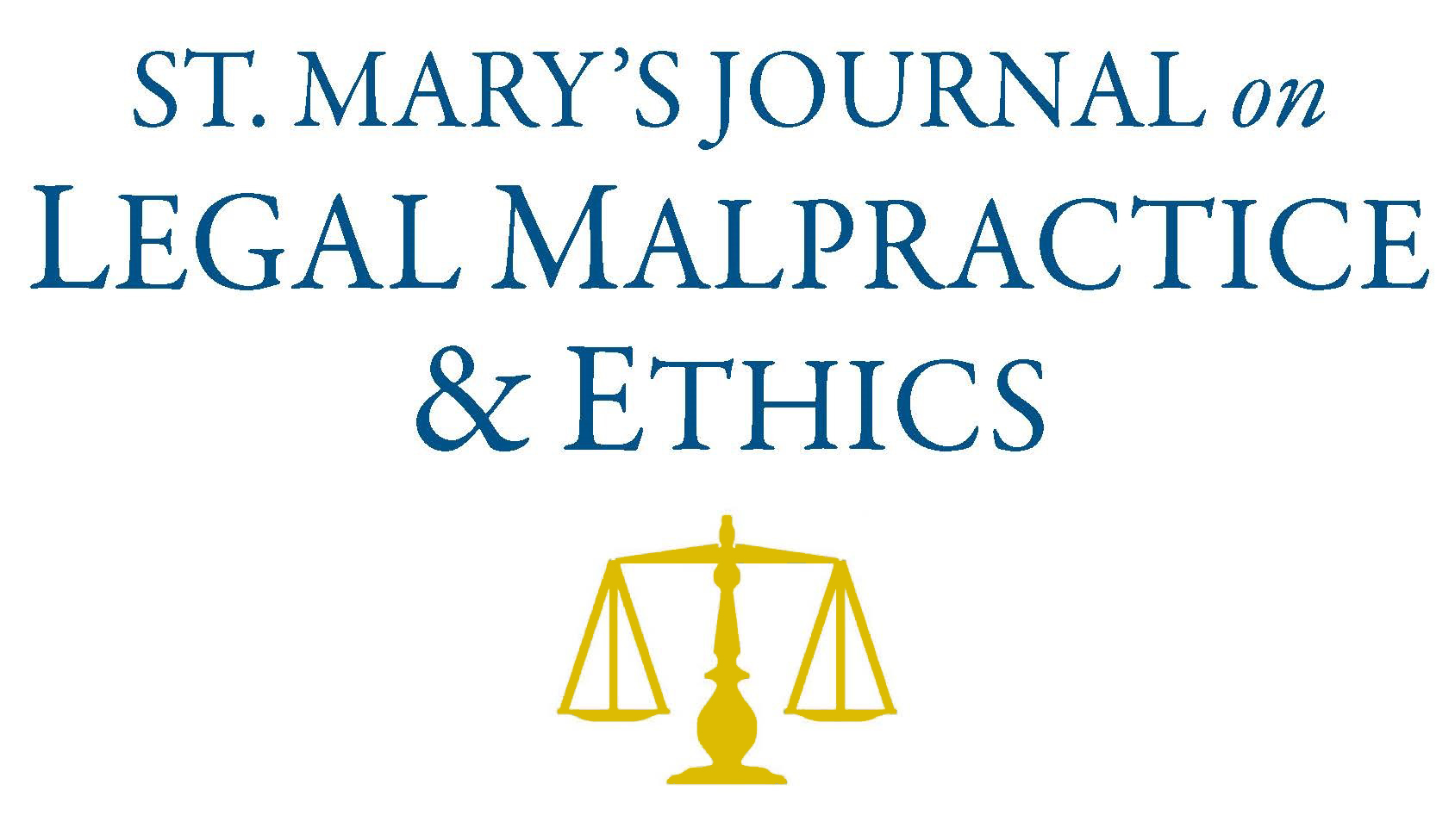
First Page
286
Date Created
1-1-2014
Publisher
St. Mary's University School of Law
Editor
Clement J. Hayes
Last Page
311
Abstract
It is well known that legal services are costly and that existing pro bono services are inadequate to help every individual who would benefit from legal assistance. Compounding this unmet need are various restrictions on the types of clients and types of cases that qualify for pro bono services. For example, Legal Services Corporation lawyers may not represent undocumented individuals, and may not undertake a representation in an abortion, desegregation, or assisted suicide matter. One attempt to mitigate this unmet need is ghostwriting. Analogous to presidential speechwriting, ghostwriting in the legal context occurs when a lawyer drafts a pleading or brief for a pro se litigant without attribution. Ghostwriting offers a practical contribution to the shortage of affordable legal services by increasing the number of individuals who are able to receive some, albeit limited, legal assistance. Despite its practical utility, ghostwriting implicates several ethical concerns, and courts have reached conflicting conclusions as to its ethical propriety. This Article analyzes the criticisms of legal ghostwriting and concludes that these concerns have been overstated; legal ghostwriting is consistent with the ethical rules.
Recommended Citation
Debra L. Bassett,
Characterizing Ghostwriting.,
5
St. Mary's J. on Legal Malpractice & Ethics
286
(2014).
Available at:
https://commons.stmarytx.edu/lmej/vol5/iss2/2
Included in
Law and Society Commons, Legal Ethics and Professional Responsibility Commons, State and Local Government Law Commons

